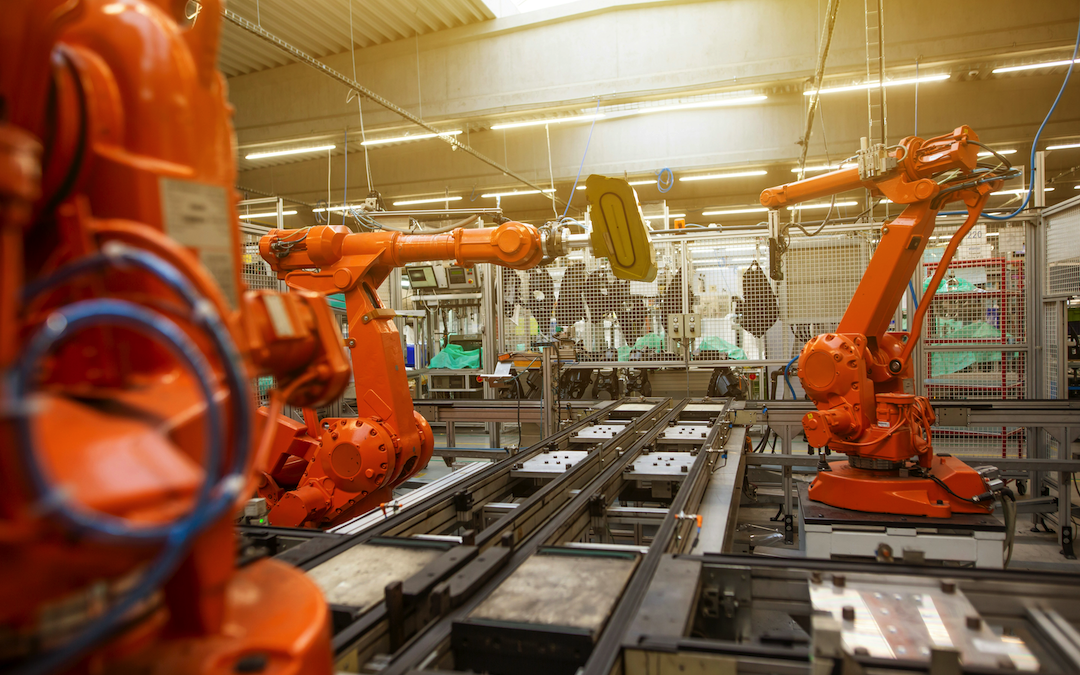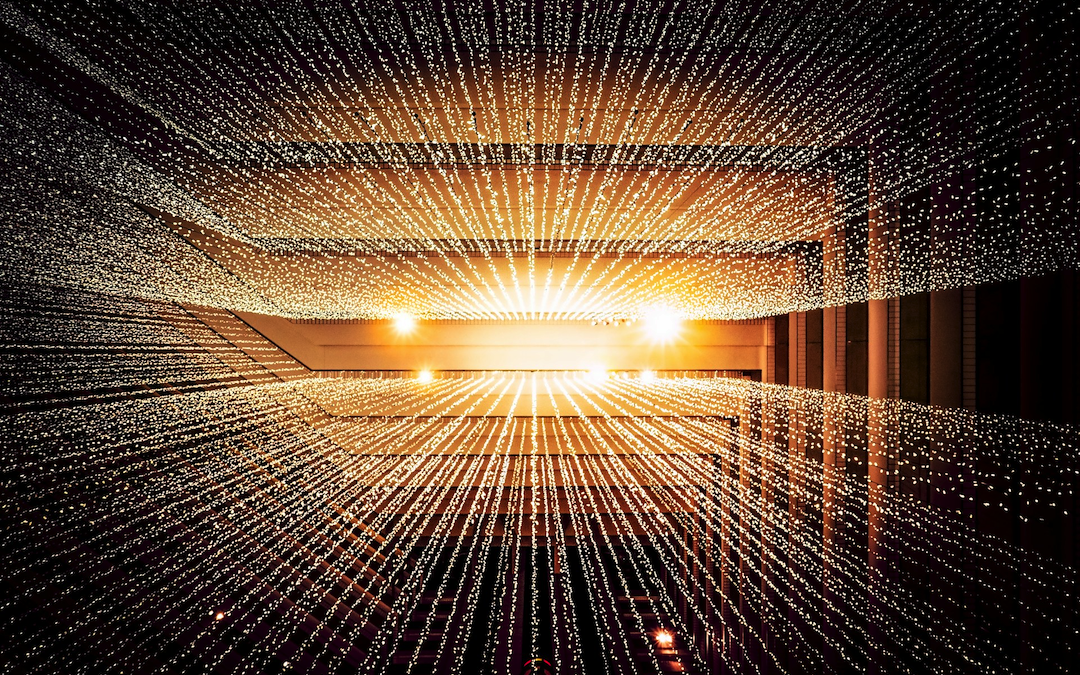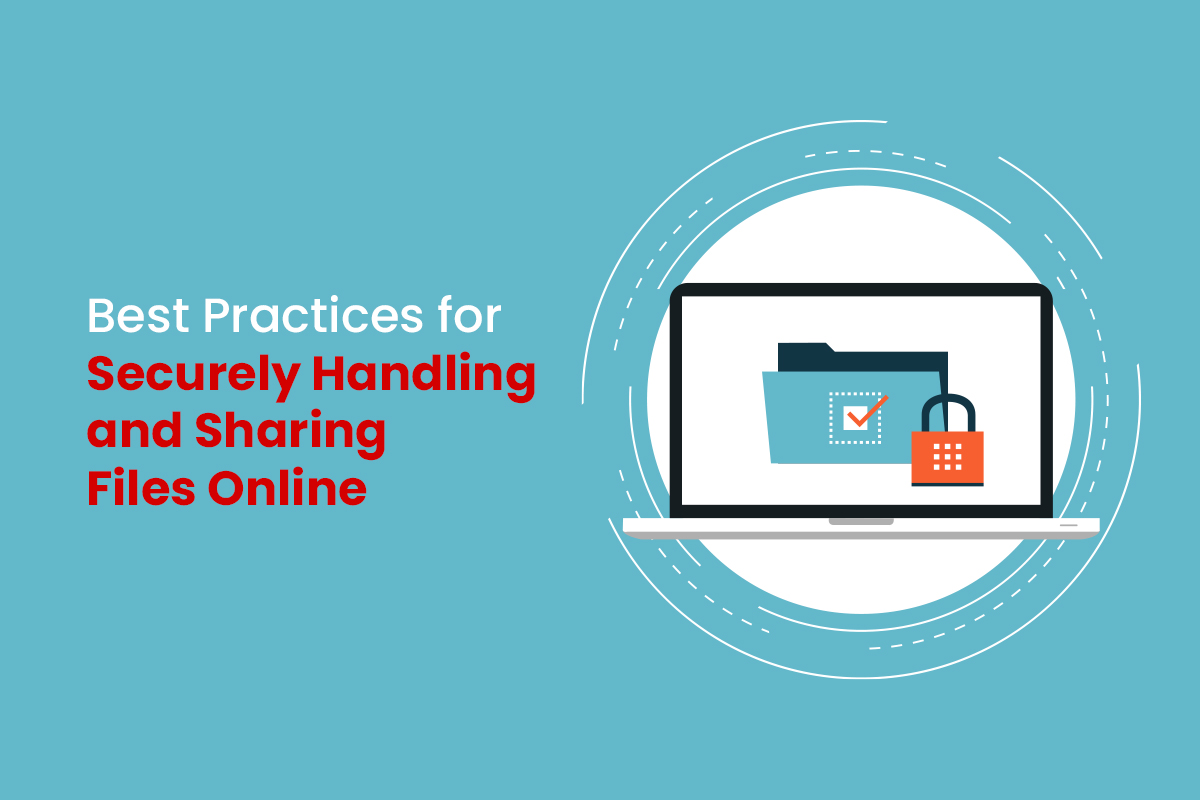
The internet is changing at a rapid pace and as a user online, you want to be aware of these changes for your own security and safety. There are plenty of existing and new risks cropping up, so getting to grips with cyber security and the threats present will benefit you in more ways than one.
Industry 4.0 is part of a digital revolution. Helping address cybersecurity concerns while introducing advanced technology which continues to widen horizons. However, while progress is good, more interest in the digital sphere means more victims of cyber attacks.
Criminals on the internet are finding ways to trick users, even those who are pros when it comes to the World Wide Web.
In 2023, Malware-free activity made up 75% of detected identity attacks. Using trusted relationships and phishing techniques is just one of many ways that users are falling victim to.
So with that being said, how are you able to address cybersecurity concerns within Industry 4.0?
Table of contents
What is Industry 4.0?
Industry 4.0 is a term used to refer to the latest phase of the Industrial Revolution. It’s the fourth industrial revolution that brings together people, machines, and physical assets to create an integrated digital ecosystem.
This ecosystem generates, analyzes, and communicates data—and we know just how powerful data is for any business nowadays. This ecosystem is also capable of taking action based on the data collected without the need for human intervention.
There are four key areas of Industry 4.0 worth knowing. These are:
- Cyber-Physical Systems (CPS) and Cobots
- Automation
- Internet of Things (IoT) and Big Data
- Cloud Manufacturing (CMfg)
Let’s break these down briefly if you’re unfamiliar with any of the above.
Cyber-Physical Systems (CPS) and Cobots
Cyber-physical systems are smart systems that are engineered by interactions between physical and computational components. The purpose of these systems is to improve the quality of life while enabling technological advancements in many crucial areas.

These include emergency response, smart manufacturing, traffic flow management, energy supply, and more. CPS has the potential to impact the worldwide economy in such a positive manner.
The use of Cobots for assembly
Manufacturers are making use of cobots to help provide that extra helping hand—albeit the hand of a robot. Robots are used for direct physical interaction with human users and are being used across manufacturing.
For example, a lot of manufacturing processes include bulk production, like PCB assembly. These circuit boards require a lot of precision and intricacy which would have previously been crafted by hand. Such craft would take hours or days, whereas with robots it takes seconds.
Cobots are programmed to help take over this process with expert technicians checking over and tweaking the results when needed at the end of the production line. Cobots help with safety risks but like CPS, they introduce their own risks that need considering.
Automation
As a foundational element of Industry 4.0, automation is one technology that has been embraced with hungry hands. Many systems and software available in today’s digital domain, use automation to make manufacturing and industrial practices more efficient.
Autonomous technology helps to provide transparency when it comes to information. It helps to improve the human decision-making process with real-time accuracy and ultimately reduces the need for frequent human interaction.
Internet of Things (IoT) and Big Data
IoT is a part of Industry 4.0 that has grown exponentially. The number of IoT devices worldwide is forecast to almost double from 15.9 billion in 2023, to 32.1 billion IoT devices in 2030.
IoT collects data from physical objects and big data allows for more efficient and effective storage and processing of the data collection. The combination of the two does incredible work when businesses are looking to improve production.
IoT is a network of devices that contain hardware, firmware, software, and actuators to connect, interact, and exchange data and information. As a result, they pose a high risk for cybercriminal activity.
Cloud Manufacturing (CMfg)
Cloud Manufacturing uses both internal and external cloud applications. This type of manufacturing transforms a variety of capabilities and resources into services. Providing safe and reliable, on-demand manufacturing services, CMfg provides solutions for all kinds of users.
When it comes to manufacturing a product, cloud manufacturing is useful but the cloud is connected to the web, which means there are cybersecurity risks present.
Industry 4.0 is expected to revolutionize the industrial world as we know it. While these new technologies will advance manufacturing and are already doing so in many ways, they also introduce a lot of risks.
Addressing cybersecurity concerns
So what are some of the risks and concerns when addressing cybersecurity when considering Industry 4.0?
Systems need to be developed and upgraded for safety
In order to adapt to Industry 4.0, you should ensure every system in place is developed and upgraded to tackle the growing concerns within cybersecurity. As technology advances, so too does the sophistication of cyber attacks on businesses and individuals alike.
A strong foundation in software development is key and it’s essential to upgrade any systems on a regular basis as and when it’s needed. Underdeveloped software or software that hasn’t been upgraded in a long time, poses a real risk to your cybersecurity defenses.
Data encryption and strict moderation are key
In order to keep anything connected to the internet secure, data encryption and strict moderation is key. Whether that’s anything that falls into the IoT to your data storage, it’s crucial that you protect your data in any way possible.

Manufacturers should be looking at how they implement encryption within data transmissions and data storage systems. Strong encryption algorithms and management practices will be the best approach when keeping data locked down and preventing breaches.
Stay up to date with common attack methods
Finally, it’s important to be aware of all the common attack methods being used within the cybersecurity industry right now.
Keeping up to date with all the latest methods and trends is going to keep you ahead of the dangers. If you fall behind and assume you’re safe from the threat, that’s when you’re the most vulnerable.
The future of Industry 4.0
What does the future hold for Industry 4.0? As the fourth step in the Industrial Revolution, there’s still plenty more to come. Let’s take a quick look at what the future looks like and what to be on the lookout for.
Artificial intelligence will continue rising in popularity
Artificial intelligence has had its pushback in certain industries but despite the battles, AI will likely remain just as popular in the future. Technology like AI offers so much more potential in all areas of life from the private sector to healthcare and electronics.
With the use of robots, AI helps machines and robots interact better together, learning and adapting to different situations. We are likely to see more growth in driverless systems and intelligent software that requires less human intervention as a result.
Blockchain will be useful to help ease security concerns
Blockchain is a technology most popular for use with cryptocurrency. However, it’s helpful for any businesses that have security concerns for their digital transactions.
With blockchain, it secures information in blocks which are then sealed. It’s likely that more businesses will look to use this technology to mitigate risk and security worries.
Improved communication between humans and machines
One thing that does need improvement when it comes to machines and humans is communication.
That’s where humans are able to play the puppeteer. Despite the fear that people have of automation taking over jobs, machines will often need observation and humans working with them in order to make them successful.
With Industry 4.0, you’ll likely see improved communication between humans and machines in all areas of technology. From artificial intelligence to smart devices, humans help train machines to perform better whether that’s to work together with humans or independently.
Better sensors are appearing on the market
Current machines have the sensors required to perform tasks well. Whether that’s filling liquid in a bottle or stopping when a problem with a product occurs in the production line.
However, one of the Industry 4.0 influences comes in the form of even better sensors. Machines will be able to monitor and self-analyze themselves. They’ll be able to perform better with the use of algorithms and data they gather.
Protect your business from cyber criminals
There’s no denying that with the digital industry evolving and innovating constantly, businesses and individuals in the digital sphere should be wary of the dangers online.
With cybersecurity an influential part of protecting your business, you should be using the following tips above as well as looking out for new ways to keep your organization safe from cyber criminals.
Share this post
Leave a comment
All comments are moderated. Spammy and bot submitted comments are deleted. Please submit the comments that are helpful to others, and we'll approve your comments. A comment that includes outbound link will only be approved if the content is relevant to the topic, and has some value to our readers.


Comments (0)
No comment